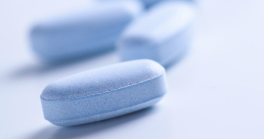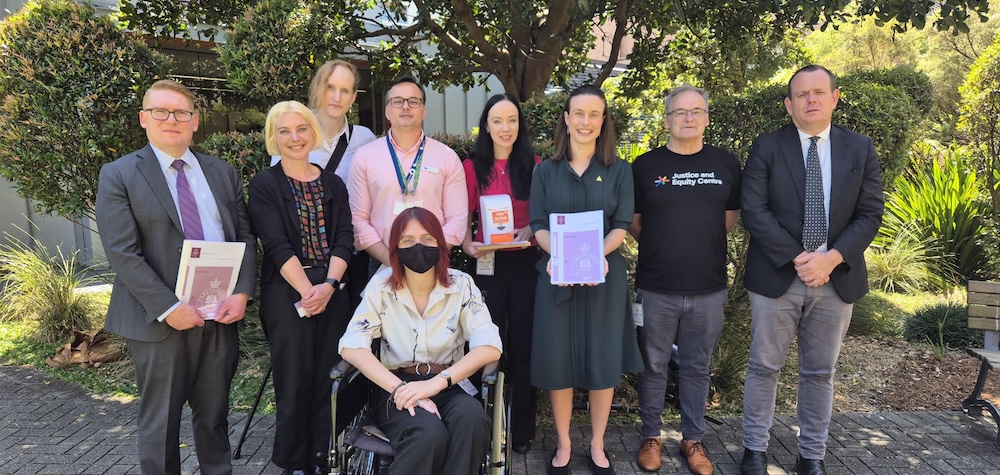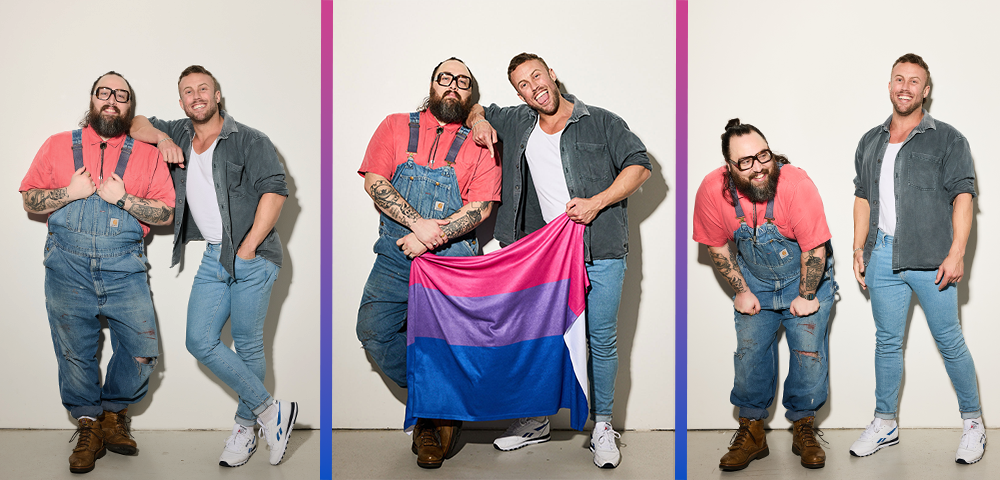
PrEP: Why it is important for all of us

IMAGINE living in a country where we no longer have the prospect of an ongoing HIV epidemic hanging over us. Where HIV-negative guys and HIV-positive guys together are doing everything to stop the virus from spreading any further.
This is now within reach.
Our adoption of PrEP (pre-exposure prophylaxis) alongside the rest of our HIV risk reduction strategies will make our community stronger and healthier. As individuals and as a gay community we all have the responsibility to do all we can to achieve the goal of no new HIV transmissions by 2020. We can do this without judgement — it’s just each of us doing what works best.
The endorsement for obtaining generic PrEP online with a prescription by organisations such as ACON, Victorian AIDS Council, and Living Positive Victoria amongst others follows years of calls for easier access to PrEP. However, this is only the first step in the eventual goal of having it accessible for at-risk individuals on the Pharmaceutical Benefits Scheme (PBS).
An application is currently being made by pharmaceutical company Gilead to have the Truvada medication as PrEP approved by the Therapeutic Goods Administration. If successful, it would pave the way for a PBS approval and allowing it to be used as an easily accessible HIV prevention method.
So what does this mean for you?
I can bet that every time you have sex or even just a casual hookup, you think about HIV. We all spend a lot of time thinking about it, stressing about it, trying to avoid it, or living with it. This has been our reality for the past three decades. This isn’t someone else’s epidemic, it’s yours. You actively put on the condom, you consider what you can do to avoid transmission, you then double think about what you did the night before. What was his status again? Did the condom stay on the whole time? Should you call the PEP (post exposure prophylaxis) hotline? Do you deserve whatever fate comes?
No one deserves to get HIV, therefore a moral argument cannot be taken against a new form of HIV prevention — such as PrEP — that will stop thousands of new transmissions. There will always be people that don’t wear a condom 100 per cent of the time for whatever reason, but the reason is entirely irrelevant and we are in no place to judge people who don’t. We have new technology to protect our community, so let’s use it.
This is a public health issue, not a moral issue. We saw the morality argument when women started going on the pill, we now see this argument for our “pill” — but there is nothing shameful about the sex we have. We had condomless sex for millennia and sex on PrEP is still safe sex.
We’ve progressed from the one-size-fits-all approach. We now need to embrace every possible way to help people avoid HIV transmission. A public health strategy only works when everyone adopts it. Not everyone is going to wear a condom, but we now have PrEP to add to our arsenal to protect these people.
Now is the time to strongly think about whether PrEP is right for you. The science is in — as confirmed by findings from the recent iPrEx OLE study which saw no new HIV transmissions whatsoever after study participants took PrEP as prescribed.
However, do you want to take a pill each day to reduce your risk of transmission? Do you think you might increase your risk-taking behaviour because you’re on PrEP? Do you already take risks and want some reassurance and less invasive protection? Are you in a serodiscordant relationship and want added protection? These are all things that you need to consider because this is available right now.
Sure, you’re worried about other STIs as well, but most are easily treatable and as long as you get tested and get treated every three months you will keep yourself healthy. Getting STIs is a part of the normal human experience — if you can get the flu just from kissing someone, then you can still get skin-contact STIs with condom use or even catch gonorrhoea through oral sex.
Opponents of PrEP have used the STI argument for years, but I would question them if they always have oral sex with a condom to reduce their risk of STI transmission. If not, well, hypocrisy is no way to make a public health argument through judging others. It’s all just part of having a sex life. We’ve always had STIs but we live in a very lucky period where we have the technology to treat them.
So, condoms or PrEP? There is no hierarchy and no one is superior or inferior on how they choose to look after their health. No one can be labelled complacent when they’re actively protecting themselves from HIV in the way that best fits them. If you choose to take this step, be empowered with the knowledge that you are contributing greatly to the end of HIV in Australia.
We’re seeing the change of what it means to have safer sex. We don’t want it to be a period of shaming and judgment. Let’s make this a period of great sex and a healthier community with no new HIV transmissions.
Think about PrEP, it’s very important for us.
Further information how you can access PrEP online can be found here.
Steven Spencer is an activist in the field of sexual health who has just launched a blog on sexual health and community wellbeing called Mother Superior: www.mothersuperior.info. Follow him on Twitter: @StevenStorven









